Human beings are the most intelligent and the most negligible creatures on this planet. We build rockets, discuss philosophical ideas, and use our brains to face the most unexpected life challenges.
However, we haven’t realized one simple thing yet. Our planet can survive without us. But if we don’t stop thoughtless consumption and pollution, Mother Earth will get rid of us with no regrets.
So, we should always remember this and build a more sustainable society. Check the ecology research topics, prepared by our essay writing service, and learn more about modern environmental issues!
At the end of the article, you’ll find the list of helpful sources for ecology papers and a link to an ecology lab report composed by one of our talented writers.
Table of contents
- Human ecology essay topics
- Marine ecology essay topics
- Aquatic ecology research topics
- Argumentative ecology topics for research papers
- Analytical ecology research paper topics
- Compare and contrast ecology research topics
- Ecology topics for definition essays
- Cause and effect ecology paper topics
- 20 most dangerous ecological problems to write about
- How to choose arguments for ecology papers
- Useful sources for your essays on ecology research topics
- Ecology paper writing assistance
Human ecology essay topics
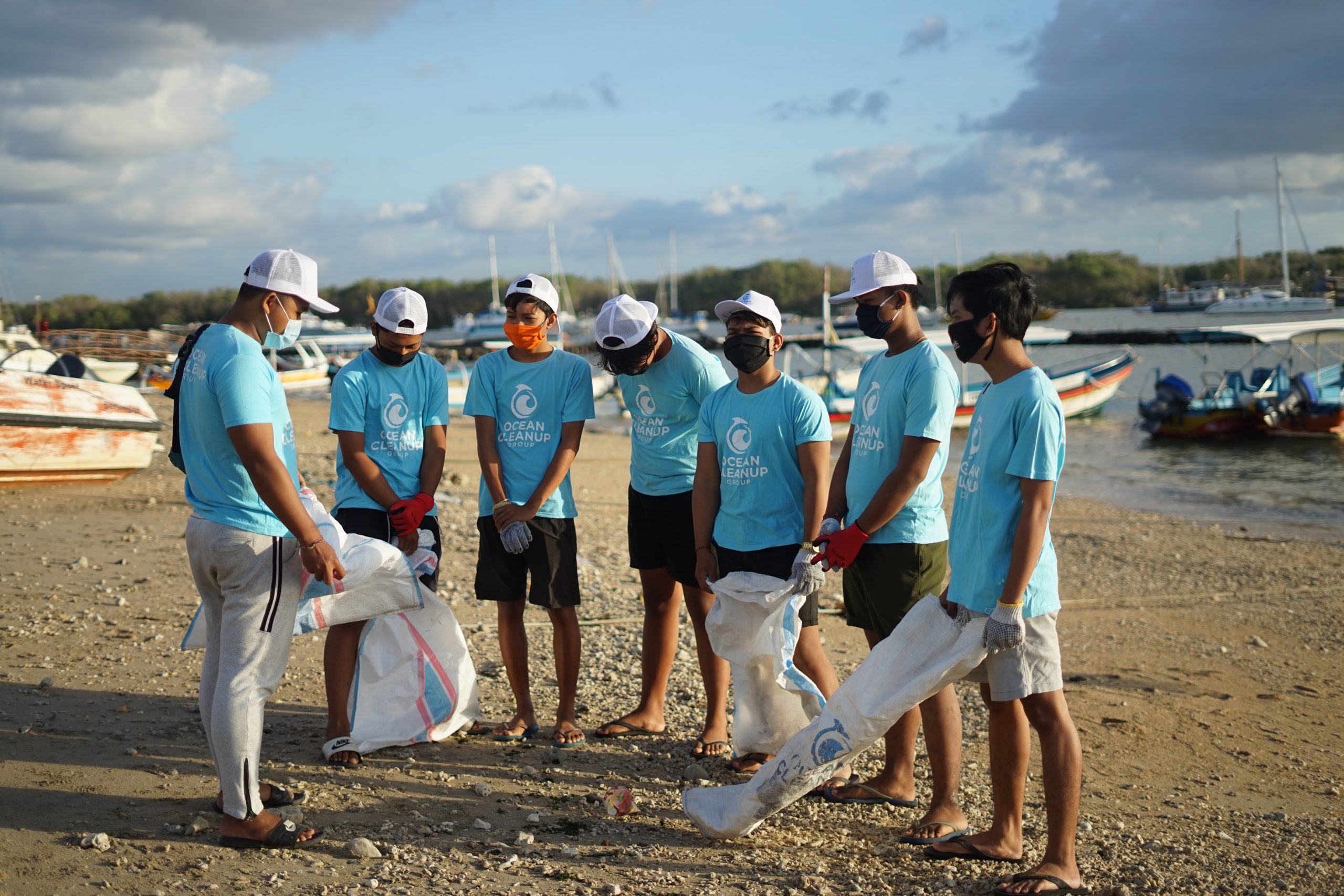
Photo by OCG Saving The Ocean from Unsplash
- The main aspects of physiological ecology.
- Regulation of social ecology in the classroom.
- Overconsumption and its consequences for ecology.
- Media ecology: origin, methods, and purposes.
- Ecology in Chinese mega-cities: are they safe for people?
- Define the term “agrarianism.” What are the main principles of this philosophy?
- An ecologically friendly restaurant business.
- How does fast food cause environmental problems?
- How can we make our houses sustainable?
- Are we a part of the ecological world or above it?
Marine ecology essay topics
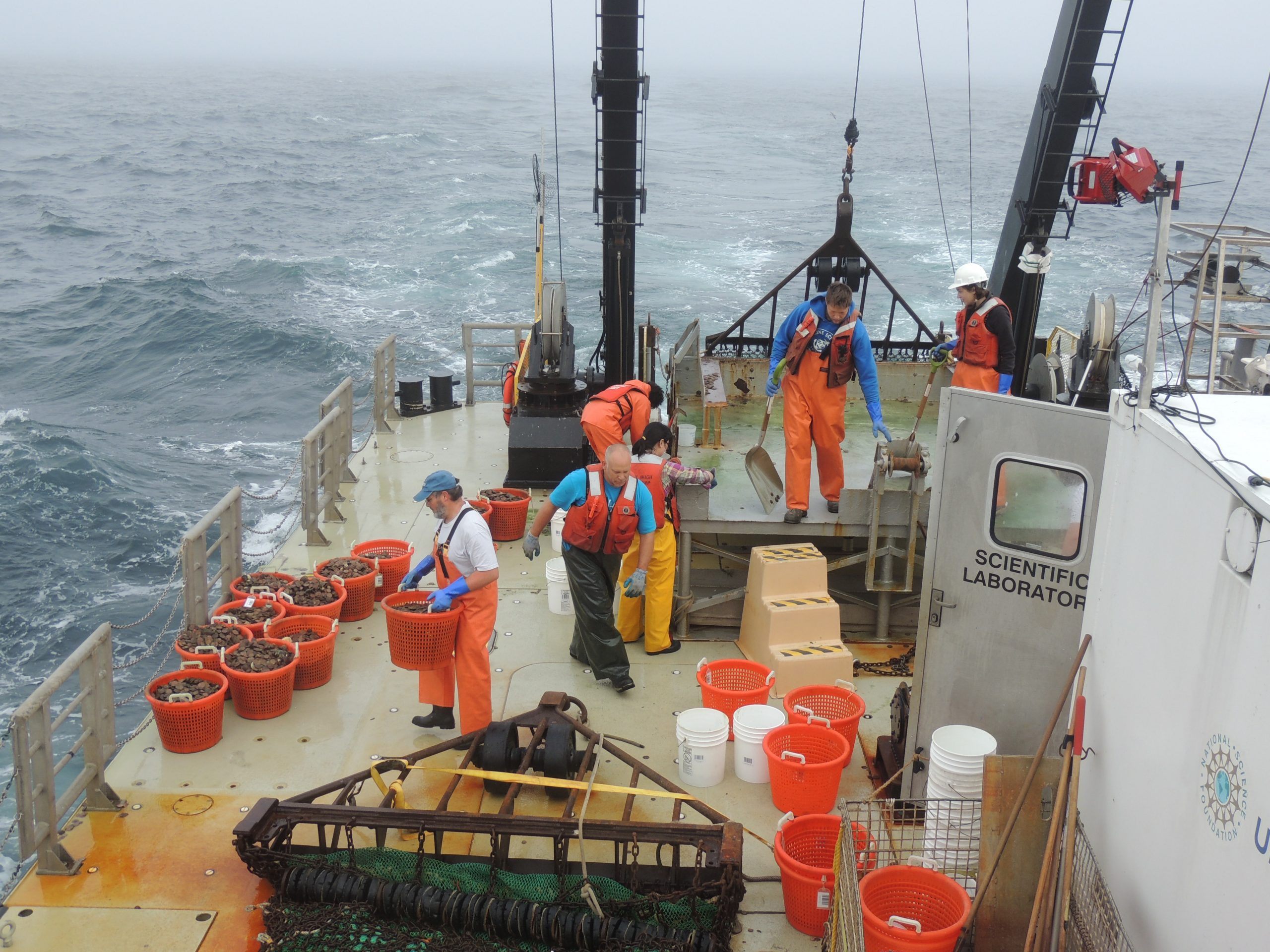
Photo by NOAA from Unsplash
- US environmental policy toward marine ecology.
- How can environmentalists protect sea turtles?
- The use of conservation ecology to help marine life.
- Environmental problems of the Great Barrier Reef in Australia.
- The ecology of Atlantic salmon.
- Different types of reefs and their formation.
- How do dead zones in seas form?
- Define the term “black smokers.” Why are they important for marine life?
Aquatic ecology research topics
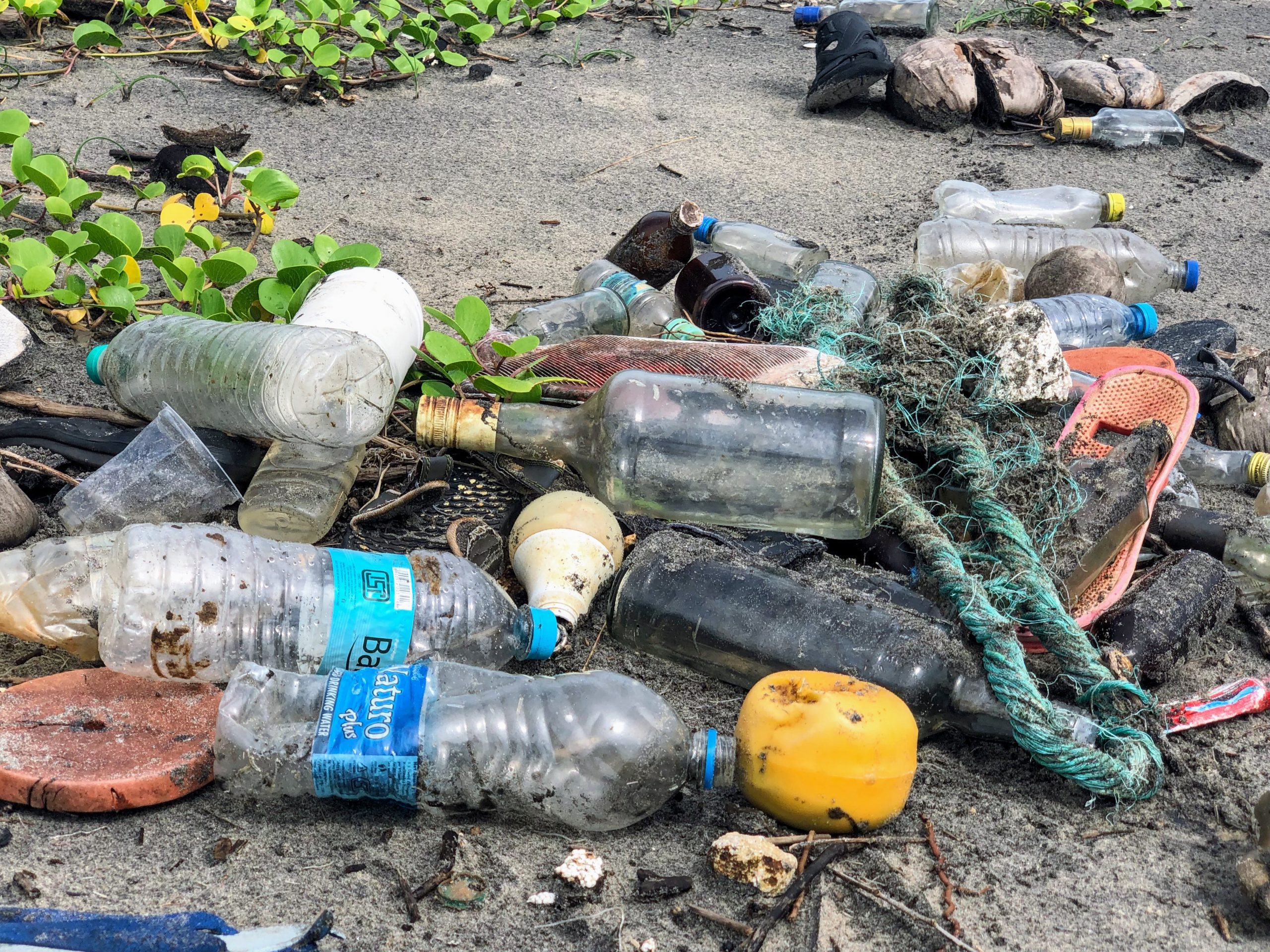
Photo by John Cameron from Unsplash
- What does stream ecology study?
- An ecological phenomenon of salt marshes.
- Define the term “hydrologic cycle” and prove its importance for the ecosystem.
- Define the term “eutrophication” and analyze its main causes.
- Water ecology throughout the Caribbean: problems and consequences.
- Water consumption habits and their importance for ecology.
- Macroinvertebrate sampling in aquatic ecology.
- Stream morphology and diversity.
- Define the term “estuary ecology.”
Argumentative ecology topics for research papers
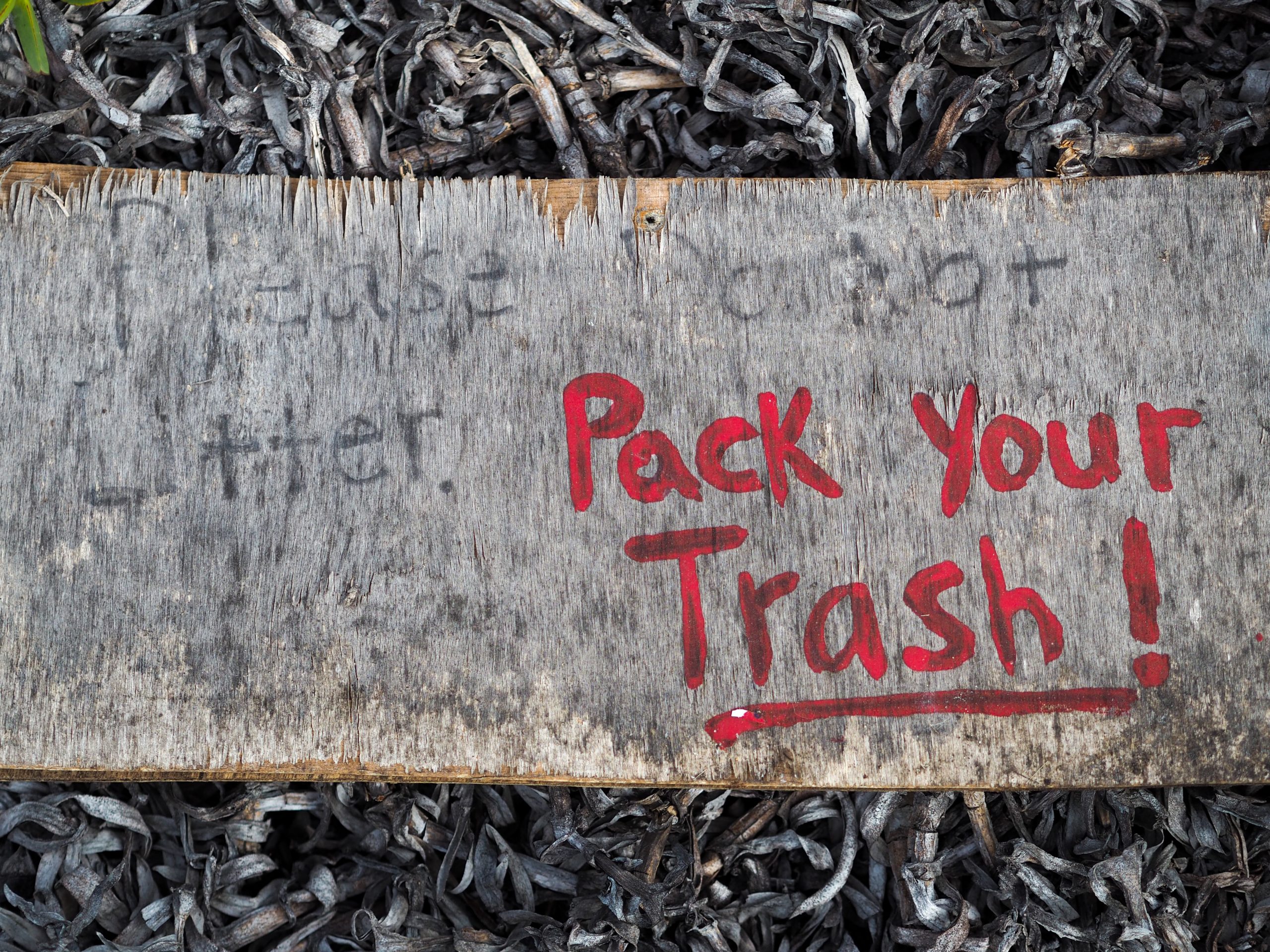
Photo by Edoardo Frezet from Unsplash
- Can volunteer organizations prevent an ecological catastrophe?
- Is ecology a governmental or individual responsibility?
- Should environmentally friendly behavior be taught at schools?
- Is it possible to completely abolish nonrenewable sources of energy?
- Should unoccupied ecological niches always be filled artificially?
- Can the deep ecology movement be considered a religion?
- Can consumerism be considered the gravest ecological problem?
- Are ecological problems covered enough in the news?
- Is the danger of irreversible damage by humans to the planet real?
- What are the most significant biochemical interactions between plants and animals?
Analytical ecology research paper topics

Photo by innay from Unsplash
- Describe the main components of a gastric microbiota.
- Magnetotactic bacteria: ecology and evolution.
- Microbial metabolism and production in the ocean.
- The origin and application of social ecology.
- Ecological problems in the African savanna.
- The problem of non-indigenous species in Australia.
- How has the ecology of polar bears changed over the last 50 years?
- Sustainable agroecology in temperate ecosystems.
- The natural green effect and its ecological role.
- How can teachers improve the ecological thinking of their students?
- Direct and indirect values of biodiversity.
- How does the environment cope with toxins?
- Describe the population ecology principles in the example of the Siberian tiger.
- Richness of species in community ecology: comparison and measurement.
- Marketing strategies for environmentally friendly products.
- Why do many countries ignore critical environmental issues?
- Technologies for the treatment of hazardous wastes.
- Sources of air pollution.
Compare and contrast ecology research topics

Photo by Alex Belogub from Unsplash
- Compare and contrast the basic principles of the deep ecology movement and reformist environmentalism.
- Compare and contrast three types of symbiotic relationships.
- Compare and contrast the nitrogen cycle and the phosphorus cycle (producers, consumers, and decomposers).
- Compare and contrast equilibrium and opportunistic populations.
- Compare and contrast the littoral, limnetic, and benthic zones of a lake.
- What is a terrestrial ecosystem? Compare and contrast two terrestrial ecosystems.
- Compare and contrast a sustainable and nonsustainable society.
Ecology topics for definition essays
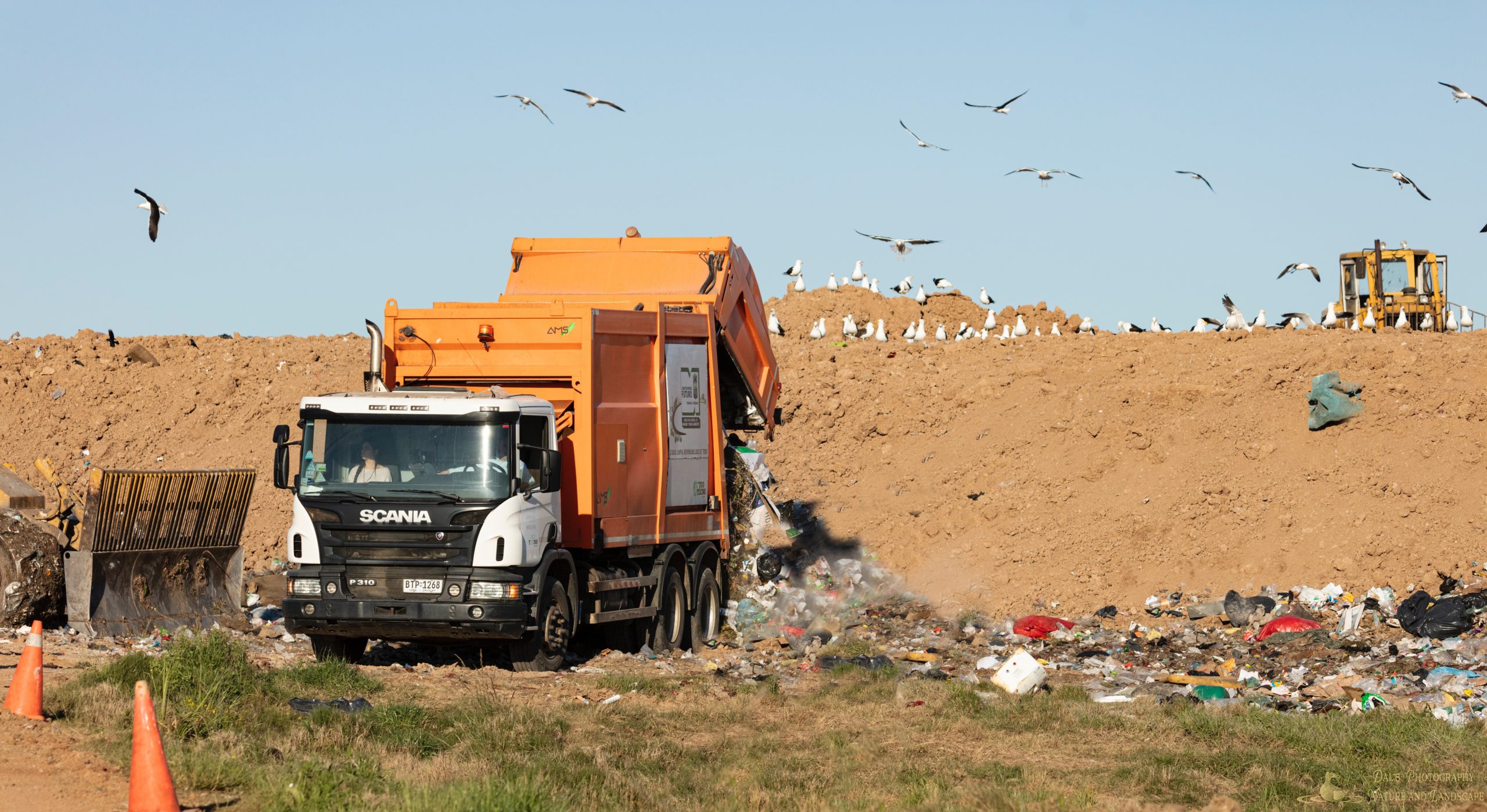
Photo by Dani Argandona from Unsplash
- Define the term “conservation biology.” What is the main purpose of this discipline?
- Define the term “factorial ecology.” What is the main tool of factorial ecology?
- Define the term “biodiversity.” Is it crucial for the environment?
- Define the term “biome.” What are seven biomes on Earth?
- Define the concept “tragedy of the commons.” How can we solve the problem of overconsumption?
- Define the term “mutualism.” Analyze three types of mutualism.
- Define the term “Columbian exchange.” How is it related to ecology?
- Define the term “ecological footprint.” How can it be measured?
- Define the term “eco-efficiency.” Is it possible to live a zero-waste life today?
- Define the term “sustainable manufacturing.” What are the main principles of sustainable manufacturing?
- What is preventive engineering strategy? Why is it important for industrial ecology?
- What is the competitive exclusion principle?
- Explain the concept of extinction debts. What mechanisms cause extinction debts?
- What are green roofs? How do they help to decrease the ecological footprint?
- The concept of metapopulation and its application in conservation ecology.
Cause and effect ecology paper topics

Photo by Marcin Jozwiak from Unsplash
- Overharvesting and its impact on the environment.
- Does eradication of mosquitoes have negative environmental consequences?
- Climate change and its impact on the tundra.
- Does global warming cause migration of species?
- How do human activities cause an imbalance in biogeochemical cycling?
- The negative impact of elevated atmospheric carbon dioxide on plants.
- The main consequences of climate change.
20 most dangerous ecological problems to write about
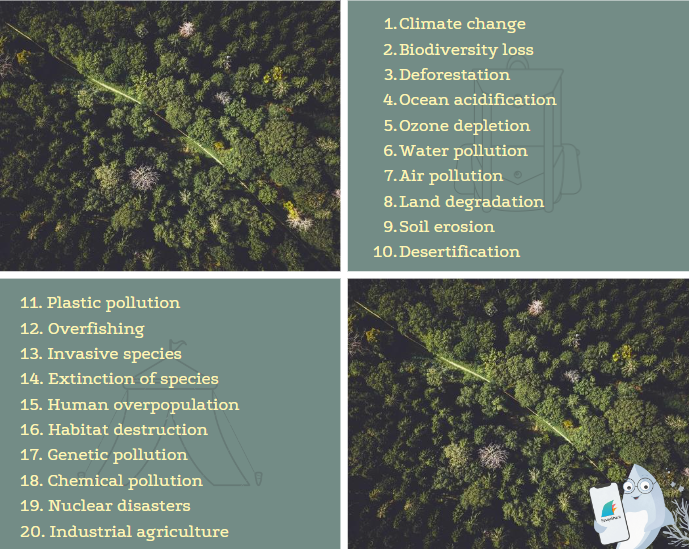
Okay, we’re done with topics. 85 themes are enough for the beginning, right? As we’ve promised, here is a link to our ecology lab report sample. We hope that it’ll inspire you for your writing. You may also find useful our recycling essay topics to develop the theme of ecology.
Reliable sources of information are essential for any kind of research work. In the list below, you’ll find various articles, reports, and books that will help you to compose an A-level essay. Don’t forget to use the proper citation format when you use them for your paper!
How to choose arguments for ecology papers
Crafting your argument for an ecology paper can be a daunting task, but lucky for you there are some helpful tips that will enable you to select powerful arguments.
- Identify your research question. To begin your research, start by formulating a specific question or thesis statement. This allows you to hone in on relevant arguments that are pertinent to the topic at hand and strengthens your writing overall.
- Conduct research. Dive deep into your subject matter and accumulate all the pertinent information. Read scientific studies, reports, and articles to discover relevant arguments and evidence that will help you build a comprehensive understanding of your topic.
- Consider different perspectives. Broaden your perspectives to include alternate views on the topic and seek out counterarguments. Doing this will help you bolster your own arguments while preparing for any potential objections that may arise from readers.
- Focus on data and evidence. When authoring ecological documents, arguments should be backed with reliable evidence rather than individual opinion. Hard data such as empirical research, statistics and scientific studies can provide a solid foundation for your assertions.
- Highlight the importance of your arguments. Make sure that your arguments are relevant to the overall theme of your paper and highlight their importance. Clearly explain why your arguments matter and what impact they could have on the field of ecology.
- Use strong language. Convince your readers with persuasive, potent language to make sure that your arguments are both convincing and compelling. Utilize rhetorical devices, such as analogies or metaphors, so anyone can grasp complex ecological ideas easily.
Remember that a good ecology paper should be well-researched, evidence-based, and persuasive. By following these tips, you should be able to choose strong arguments that will make for a compelling and informative ecology paper, and will “write my term paper” easily.
Useful sources for your essays on ecology research topics
– Adusei, P.K., Oduro-Ofori, E., Amponsah, O. and Agyeman, K.O. (2018). Participatory incremental slum upgrading towards sustainability: An assessment of slum dwellers’ willingness and ability to pay for utility services.
– Avila-Pires, F. (2007). Human ecology and general ecology: On theory and methods.
– Barnosky, A. D., Hadley, E. A., Gonzalez, P., Head, J., Polly, P. D., Lawing, A. M.,& Blois, J. (2017). Merging paleobiology with conservation biology to guide the future of terrestrial ecosystems.
– Baselga, A., Gómez-Rodríguez, C., & Vogler, A. P. (2015). Multi-hierarchical macroecology at species and genetic levels to discern neutral and non-neutral processes.
– Bell, E., Bryman, A., & Harley, B. (2018). Business research methods.
– Bernard, H. R. (2017). Research methods in anthropology: Marine ecology, environmental policy.
– Blackwell, B.G., Brown, M.L & Willis, D.W. (2000). Relative weight (Wr) status and current use in fisheries assessment and management.
– Brei, Michael, et al. (2016). Environmental pollution and biodiversity: Light pollution and sea turtles in the Caribbean.
– Buckner, Emily V., et al. (2018). Conserving connectivity: Human influence on subsidy transfer and relevant restoration efforts.
– Campbell, B. G. (2014). Human ecology: The story of our place in nature from prehistory to the present.
– Chan, J. T. K., Leung, H. M., Yue, P. Y. K., Au, C. K., Wong, Y. K., Cheung, K. C., … & Yung, K. K. L. (2017). Combined effects of land reclamation, channel dredging upon the bioavailable concentration of polycyclic aromatic hydrocarbons (PAHs) in Victoria Harbour sediment, Hong Kong.
– Chiras, D. D. (2014). Environmental science.
– Clayton, S., Kals, E. and Feygina, I. (2016). Justice and environmental sustainability.
– Davenport, C. (2014, May 28). President said to be planning to use executive authority on carbon rule.
– De Ridder, Denise, et al. (2013). Obesity, overconsumption, and self-regulation failure: The unsung role of eating appropriateness standards.
– Eagle, Lynne, et al. (2016). The role of social marketing, marine turtles and sustainable tourism in reducing plastic pollution.
– Eizenberg, E. and Jabareen, Y. (2017). Social sustainability: A new conceptual framework.
England salt marsh plant community. Journal of Ecology, 92(1), 72-85.
– Fraser, M. W., Short, J., Kendrick, G., McLean, D., Keesing, J., Byrne, M., … & Field, S. (2017). Effects of dredging on critical ecological processes for marine invertebrates, seagrasses and macroalgae, and the potential for management with environmental windows using Western Australia as a case study.
– Froese R., (2006). Cube law, condition factor and weight-length relationships: Meta-analysis and recommendations.
– Fuentes?Pardo, A. P., & Ruzzante, D. E. (2017). Whole?genome sequencing approaches for conservation biology: Advantages, limitations and practical recommendations.
– Fuentes, MMPB, and J. E. Cinner. (2010). Using expert opinion to prioritize impacts of climate change on sea turtles’ nesting grounds.
– Golden, Eva J. (2016). Sea turtle response to climate change: Analyzing current and predicting future impacts on populations, habitat, and prey populations.
– Goodwin, Neva, et al. Consumption and the consumer society.
– Håkansson, Andreas. (2014). What is overconsumption?–A step towards a common understanding.
– Hetherington, M. M., and P. Blundell?Birtill. (2018). The portion size effect and overconsumption–towards downsizing solutions for children and adolescents.
– Humphrey, W. S. (2017). A Synthesis of James Howard Kunstler’s Themes of Urbanization and the Impending Oil Crisis in The Geography of Nowhere, Home from Nowhere, The City in Mind, and The Long Emergency.
– Ianole, Rodica, and Viorel Cornescu. (2013). Overconsumption society through the looking-glass of behavioral economics.
– J., Clarke, D., … & Erftemeijer, P. L. (2017). A critical analysis of the direct effects of dredging on fish.
– Jambeck, J. R., et al. (2015). Plastic waste inputs from land into the ocean.
– Karl, T. R., & Trenberth, K. E. (2003). Modern global climate change.
– Kartzinel, T. R., Goheen, J. R., Charles, G. K., DeFranco, E., Maclean, J. E., Otieno, T. O., & Pringle, R. M. (2014). Plant and small?mammal responses to large?herbivore exclusion in an African savanna: Five years of the UHURU experiment.
– Kim, D., Bartholdy, J., & Bartholdy, A. T. (2016). Varying patterns of vegetation dynamics.
Laferrie?re, E., & Stoett, P. J. (1999). International relations theory and ecological thought: Towards a synthesis.
– Li, K., Liu, X., Zhao, X., & Guo, W. (2010). Effects of reclamation projects on marine ecological environment in Tianjin Harbor Industrial Zone.
– Low, S., Van Ryzin, M. J., Brown, E. C., Smith, B. H., & Haggerty, K. P. (2014). Engagement matters: Lessons from assessing classroom implementation of steps to respect: A bullying prevention program over a one-year period.
– Manap, N., & Voulvoulis, N. (2015). Environmental management for dredging sediments–the requirement of developing nations.
– Marquet, P., Allen, A., Brown, J., Dunne, J., & Enquist, B. (2014). On Theory in Ecology.
Martens, R. (2018). Strategies for Adopting Additive Manufacturing Technology into Business Models.
– Meadow, A. M., Ferguson, D. B., Guido, Z., Horangic, A., Owen, G., & Wall, T. (2015). Moving toward the Deliberate Coproduction of Climate Science Knowledge.
– Morellato, L. P. C., Alberton, B., Alvarado, S. T., Borges, B., Buisson, E., Camargo, M. G. G., … & Mendoza, I. (2016). Linking plant phenology to conservation biology.
– Mouzelis, N. P. (2016). Back to sociological theory: The construction of social orders.
Nabangchang, Orapan, et al. “Mobilizing Resources for Marine Turtle Conservation in Asia: A Cross-Country Perspective.”
– Nelms, Sarah E., et al. “Plastic and Marine Turtles: A Review and Call for Research.”
Niemi, E. (2009). An Overview of Potential Economic Costs to Washington of a Business-As-Usual Approach to Climate Change.
– Oldenburg, B., van Duijn, M., Sentse, M., Huitsing, G., van der Ploeg, R., Salmivalli, C., & Veenstra, R. (2015). Teacher characteristics and peer victimization in elementary schools: A classroom-level perspective.
– Peets, K., Pöyhönen, V., Juvonen, J., & Salmivalli, C. (2015). Classroom norms of bullying alter the degree to which children defend in response to their affective empathy and power.
– Pegas, Fernanda de Vasconcellos, et al. “For Love or for Money? Investigating the Impact of an Ecotourism Programme on Local Residents’ Assigned Values towards Sea Turtles.”
– Pomeroy, L. R., & Wiegert, R. G. (2012). The Ecology of a Salt Marsh.
– Qualitative and quantitative approaches. Rowman & Littlefield.
– Roland and Galloway, 2010. Caring for Students: Student-teacher relations.
– Saarento, S., & Salmivalli, C. (2015). The role of classroom peer ecology and bystanders’ responses in bullying.
– Sarkar U. K., Deepak P. K. & Negi R. S. (2008). Length-weight relationship of clown knifefish Chitala chitala (Hamilton 1822) from the Ganga basin, India.
– Schütte, B. (2018). Legal and Policy Options to handle Marine Littering.
– Silliman, B. R. (2014). Salt marshes.
– Sommers, W. T., Loehman, R. A., & Hardy, C. C. (2014). Ecology and Climate Science. Wildland fire emissions, carbon, and climate: Science overview and knowledge needs.
– Southall, A., 2017. The segmentary state: From the imaginary to the material means of production.
– Swearer, S. M., & Hymel, S. (2015). Understanding the psychology of bullying: Moving toward a social-ecological diathesis–stress model.
– Swearer, S., & Hymel, S. (2015). Bullying and discrimination in schools: Exploring variations across student subgroups.
– Tamunobereton-ari, I., Omubo-Pepple, V. B., & Briggs-Kamara, M. A. Dredging for Reclamation of Mangrove Swamp at Ogu, in Ogu/Bolo Local Government Area of Rivers State, Nigeria: The Impact on Biodiversity and the Environment.
– Tilman, D. (2001). Forecasting Agriculturally Driven Global Environmental Change.
– Todd, V. L., Todd, I. B., Gardiner, J. C., Morrin, E. C., MacPherson, N. A., DiMarzio, N. A., & – Thomsen, F. (2014). A review of impacts of marine dredging activities on marine mammals.
Unep.org. Marine Plastic Pollution Legal & Policy Solution Briefing and Workshop: Extended Producer Responsibility and life-cycle management of plastic products.
– Urry, J. (2015). Climate change and society.
– Vince, J., & Hardesty, B. D. (2018). Governance solutions to the tragedy of the commons that marine plastics have become.
– Wenger, A. S., Harvey, E., Wilson, S., Rawson, C., Newman, S. Environmental impact of Hamad port construction.
– Xanthos, D., & Walker, T. R. (2017). International policies to reduce plastic marine pollution from single-use plastics (plastic bags and microbeads): A review.
– Yoon, J., & Bauman, S. (2014). Teachers: A critical but overlooked component of bullying prevention and intervention.
– Yoon, J., Sulkowski, M. L., & Bauman, S. A. (2016). Teachers’ responses to bullying incidents: Effects of teacher characteristics and contexts.
Ecology paper writing assistance
If you need academic assistance, apply to the EssayShark natural science essay writing service. Our team is available 24/7. We work day-and-night to make sure that all your writing problems will be solved in time. High-quality customer support, expert writers, and original samples are waiting for you!









